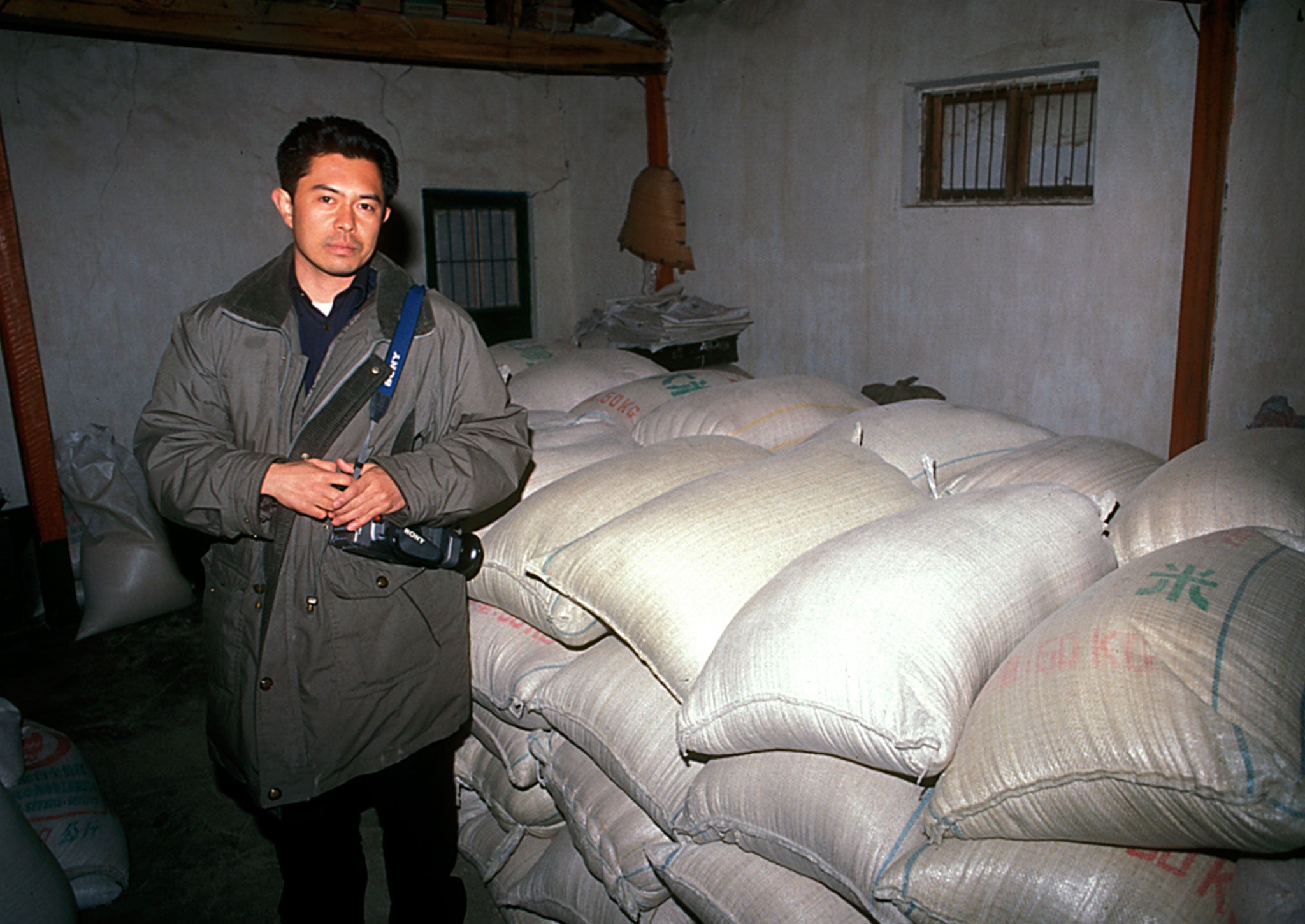Voices in Danger: North Korea is no place for citizen journalists, but this hasn't stopped Ishimaru Jiro
Out of 179 countries, North Korea has been ranked 178th for its press freedom

North Korea's leader Kim Jong-un has now come out of hiding, but the small network of citizen journalists operating within the world's most secretive state will never have that luxury. ASIAPRESS International journalist Ishimaru Jiro, the network's only outside contact, reveals the risks they take to deliver behind-the-scenes accounts of life within the Democratic People's Republic of Korea (DPRK).
Each undercover North Korean citizen journalist must cross over rugged land or gushing rivers in the dark of night to meet with Ishimaru at a pre-arranged point along the 1400km border between China and DPRK to deliver secretly recorded footage. Ishimaru and his contacts make their meeting arrangements, or simply exchange weekly news updates, via mobile phones over Chinese networks in order to maintain their hidden identities.
One of Ishimaru's partners, speaking anonymously on video, said, “The work is dangerous, if we are caught we will be charged with treason...I want to say proudly that I do this for democracy. It has to be done. It must be done.”
Ishimaru has been to the border region over 100 times in the last two decades. His encounters with starving DPRK soldiers who are so malnourished their teeth turn green and with defectors who tell of spies planted amongst family members, compel him to carry on despite the dangers he and his partners face.
This unique circle of journalists has produced work that's been featured on major news outlets around the world including the The Economist, The New York Times, BBC, Channel 4 and The Japan Times, among others. Their work is also published online at Rimjing-gang, the definitive online journal on North Korean affairs.
Ishimaru Jiro first visited DPRK on three separate occasions between 1995 and 1998 but authorities of the totalitarian state assigned security guards to him, and they monitored his every move. Though he found it virtually impossible to spend time with the average North Korean citizen, he still managed to gather rare testimony and observations.
The Japanese journalist included his findings in the published hardcopy of Rimjing-gang, but at a high price. North Korean authorities banned him from ever returning.
Starting in 2003, Ishimaru identified and trained a handful of North Koreans willing to operate as undercover citizen journalists. According to Ishimaru, most North Koreans won't easily divulge their opinions, and particularly not to a foreigner. The most they may hint at is “being open to reform”, and “a desire to live freely”. Local people, he realised, are best equipped to gather evidence from within the closed state.
The UN Human Rights Council 2014 Report on DPRK found systemic human rights violations taking place in North Korea. At least 80,000 people are being held in political prison camps, known as “re-education centres.” Some estimate it to be as high as 200,000.
North Korea condemned and categorically rejected the UN Report when it first appeared. I requested further comment from DPRK government representatives on points raised in this article but they did not respond.

Join our commenting forum
Join thought-provoking conversations, follow other Independent readers and see their replies